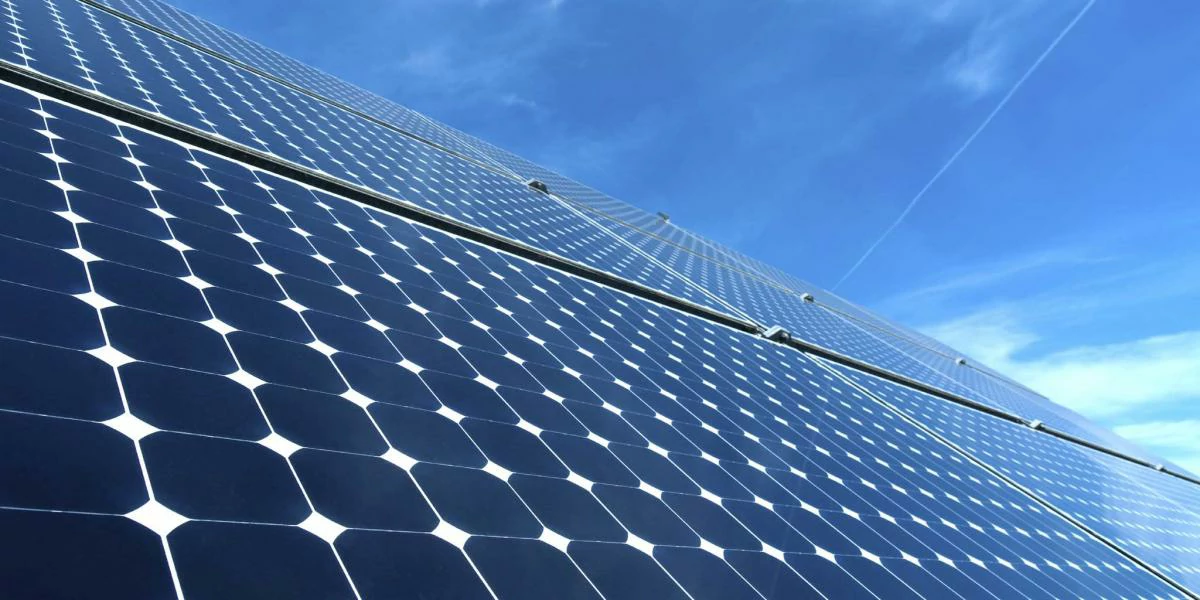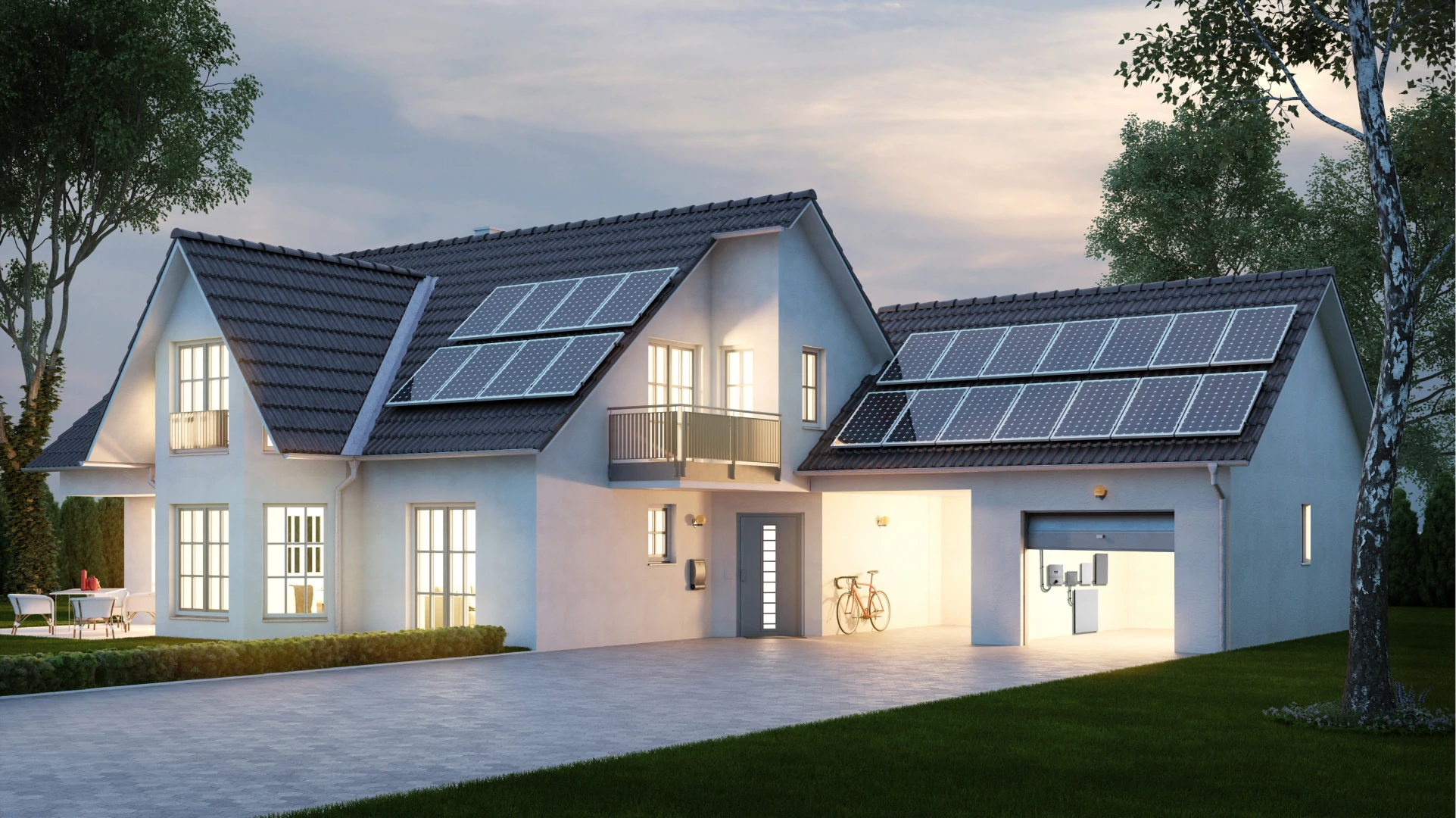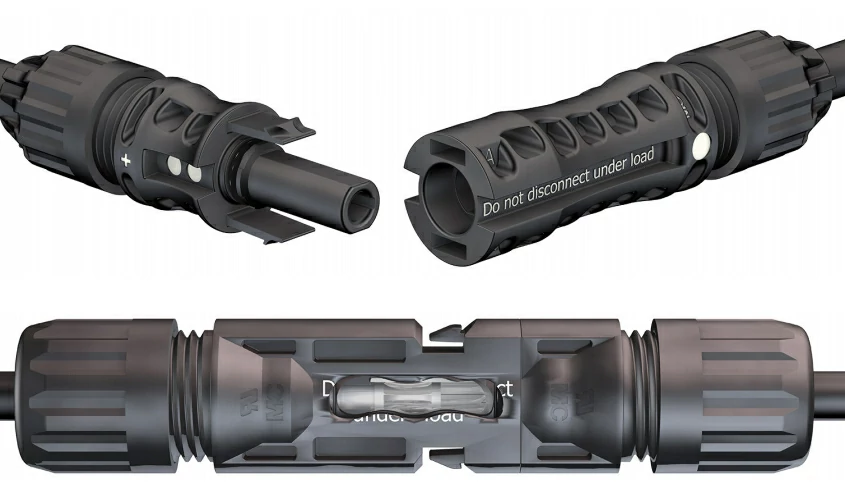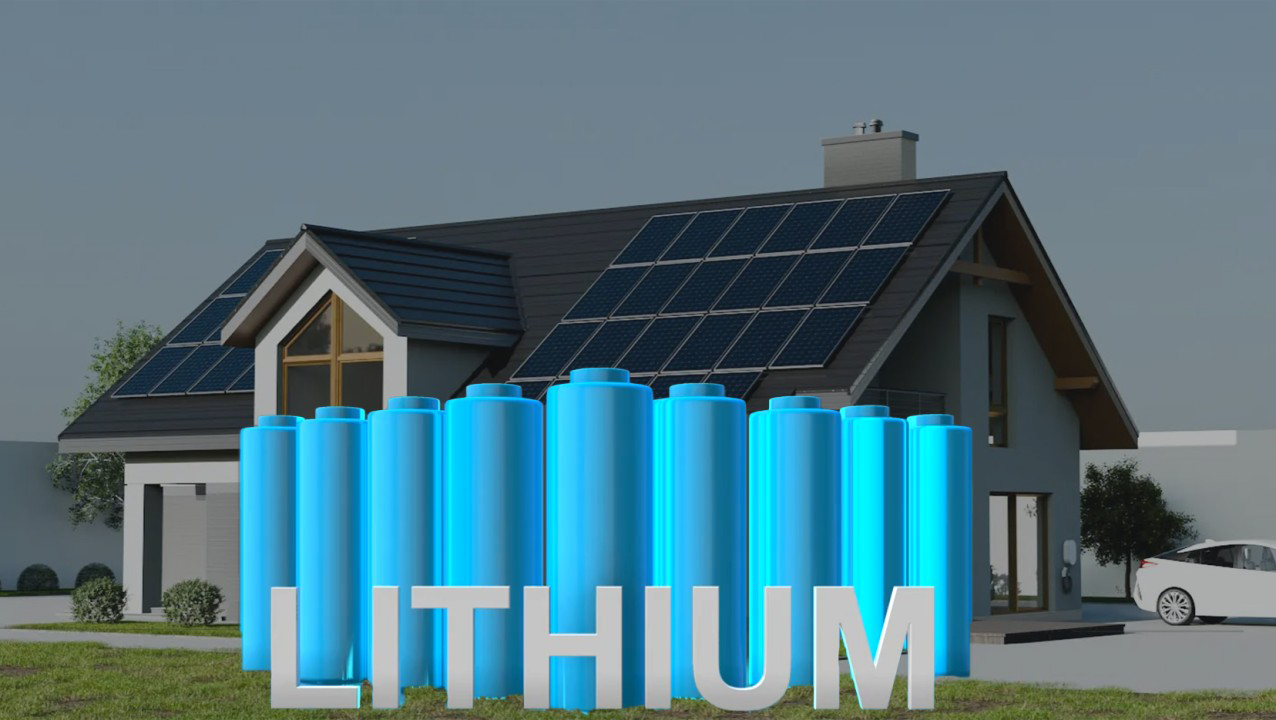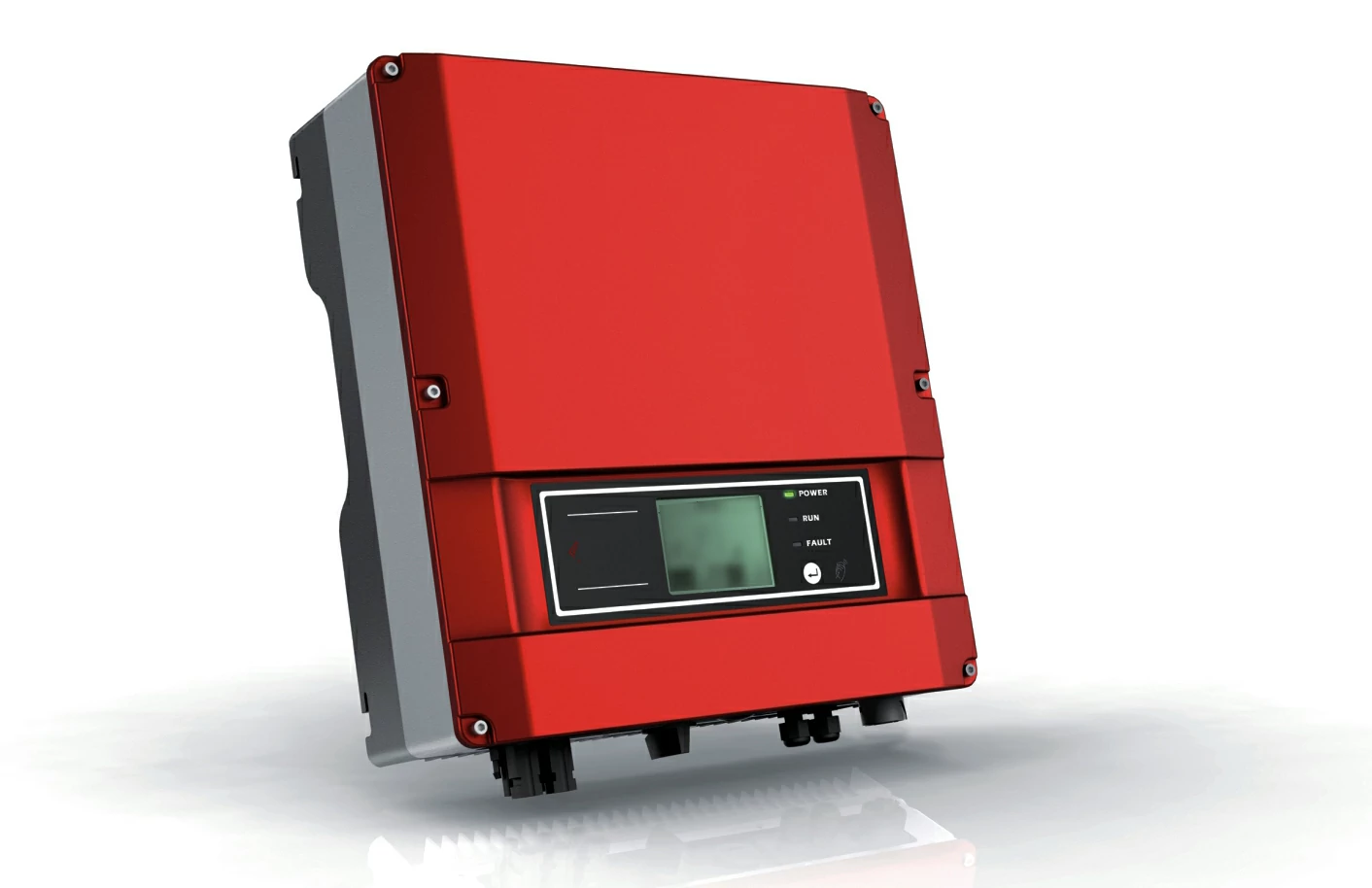Solar module Solar module refers to solar cell module. Because...
The introduction of pulse width modulation controller
In modern industry, home automation, intelligent transportation, Internet of Things (IoT) and other fields, intelligent controllers have become an important tool to achieve intelligent management and control. The emergence of intelligent controller, combined with advanced sensor technology, data processing capabilities and algorithms, makes the system have the ability of self-adaptation, self-learning and automatic optimization. This paper will deeply discuss the definition, working principle, main characteristics, application fields and future development trend of intelligent controller.
what is an intelligent controller?
Intelligent controller is a kind of equipment integrating computer technology, control theory and artificial intelligence algorithm, which can realize the automatic control of dynamic system. Unlike traditional controllers, intelligent controllers can not only perform simple input-output control, but also make intelligent decisions based on environmental changes, their own state, and historical data. Such devices typically include components such as sensors, actuators, computing units and communication modules, which enable more efficient and precise control by continuously acquiring and analyzing data.
the working principle
The working principle of the intelligent controller can be summarized as the following steps:
Data acquisition: Through the built-in sensor, the intelligent controller collects real-time environmental data and system status. For example, data such as temperature, humidity, pressure can be monitored.
Data processing: Using embedded processing units, the collected data is analyzed and processed. Intelligent controllers are often equipped with machine learning algorithms or control theory algorithms that adjust in real time to the desired objectives.
Decision making: Based on the results of data processing, the controller chooses the best control strategy. For example, in an HVAC system, the operating state of the equipment is automatically adjusted according to the current indoor and outdoor temperature and humidity.
Executive control: Intelligent controllers execute decisions by controlling devices (such as motors, valves, etc.) to adjust and optimize the operating state of the system in real time.
Feedback mechanism: The system will continuously monitor the implementation effect through the sensor, and the feedback data will be transmitted back to the controller, forming a closed-loop control to ensure that the system runs in the best state.
characteristics
Adaptive: The intelligent controller can adjust its own control strategy according to environmental changes and system status, and has a high degree of adaptive ability.
Data-driven: With big data analytics and machine learning technologies, intelligent controllers are able to learn from historical data to optimize their control decisions and processes.
Remote control and monitoring: Many intelligent controllers have networking functions to support remote monitoring and control, and users can manage the device through their mobile phones or computers.
Intelligent decision making: Using artificial intelligence algorithms, intelligent controllers are able to make complex decisions, especially in the face of uncertainty and dynamic changes in the environment.
Energy efficiency: The intelligent controller can significantly improve the energy efficiency of the system and reduce the waste of resources by optimizing the control strategy.
Application Scenarios
Intelligent controllers have a wide range of applications, mainly including but not limited to the following:
Industrial automation: In manufacturing, intelligent controllers can be used for equipment monitoring, production process control and quality management to improve productivity and accuracy.
Smart home: In the home, the intelligent controller can automatically adjust the indoor temperature, lighting, security, etc., to achieve a comfortable and safe home environment.
Traffic management: Intelligent controllers are used in intelligent transportation systems to optimize traffic signal control, vehicle scheduling and flight management, improve traffic efficiency and reduce congestion.
Agricultural automation: In precision agriculture, intelligent controllers can be used to monitor soil moisture and weather conditions in real time, automatically control irrigation systems, and increase crop yields.
Energy management: In the power system, intelligent controllers are used to optimize power distribution, reduce energy consumption, and improve utilization efficiency through real-time monitoring and analysis.
Future Development Trend
With the continuous progress of technology, the future development trend of intelligent controllers is mainly reflected in the following aspects:
Deepening application of artificial intelligence: With the continuous development of artificial intelligence technology, intelligent controllers will be more intelligent in data processing and decision-making, and have stronger self-learning and self-optimization capabilities.
Integration of edge computing: In the future, intelligent controllers will combine edge computing technology to achieve real-time data processing, reduce latency, and improve response speed.
Enhanced connectivity: The development of the Internet of Things will enable intelligent controllers to interconnect with more devices, achieve more complex system integration, and support a wider range of application scenarios.
The improvement of security and stability: With the emphasis on network security, the future intelligent controller will strengthen the security protection measures for data and communication to ensure the stable and safe operation of the system.
Green sustainability: In the context of global concern for sustainable development, intelligent controllers will play an increasingly important role in energy conservation and emission reduction.
conclusion
Intelligent controller is an important technical product formed under the continuous development of modern control theory and intelligent algorithm, which has advanced features such as self-adaptability, data-driven and remote monitoring. It is widely used in industrial automation, smart home, traffic management and other fields, promoting the intelligent transformation of all walks of life. With the continuous advancement of technology, intelligent controllers will become smarter, safer and more efficient in the future, making a positive contribution to the realization of sustainable development goals.
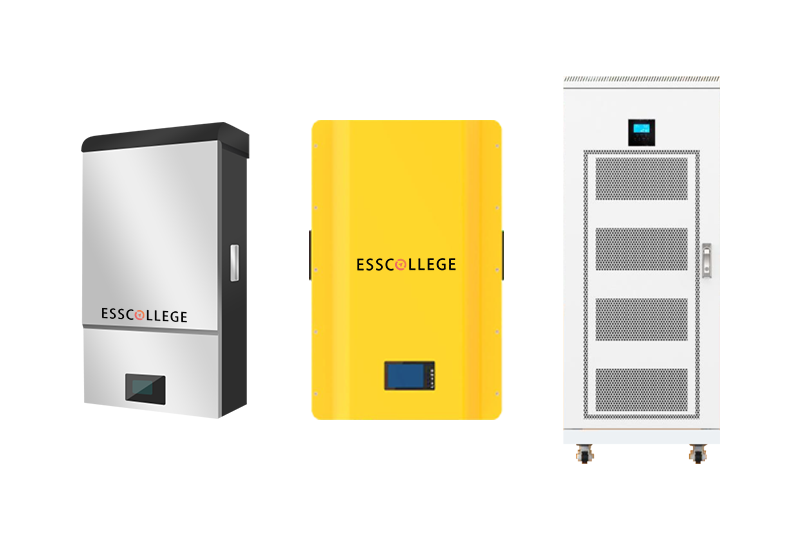
Home energy storage product series
A lithium battery pack for home energy storage systems, which is compatible with solar panels and the sun The inverter can work together with the power grid to power household appliances, and it can also be used as a For off grid systems.
Extended reading
LiFePo4 home energy storage battery
A highly integrated backup power solution for solar home energy...
THE ESSC Brand promise
Global supply
Our products sell well all over the world, covering many countries and regions, through the global logistics network, to provide customers with convenient purchasing experience.
Rigorous quality
We adhere to the highest quality control standards to ensure every product meets industry regulations and customer expectations, earning trust through consistent excellence.
Excellent service
With a customer-centric approach, we provide prompt responses, professional support, and personalized services, aiming to deliver the best user experience and long-term value.
